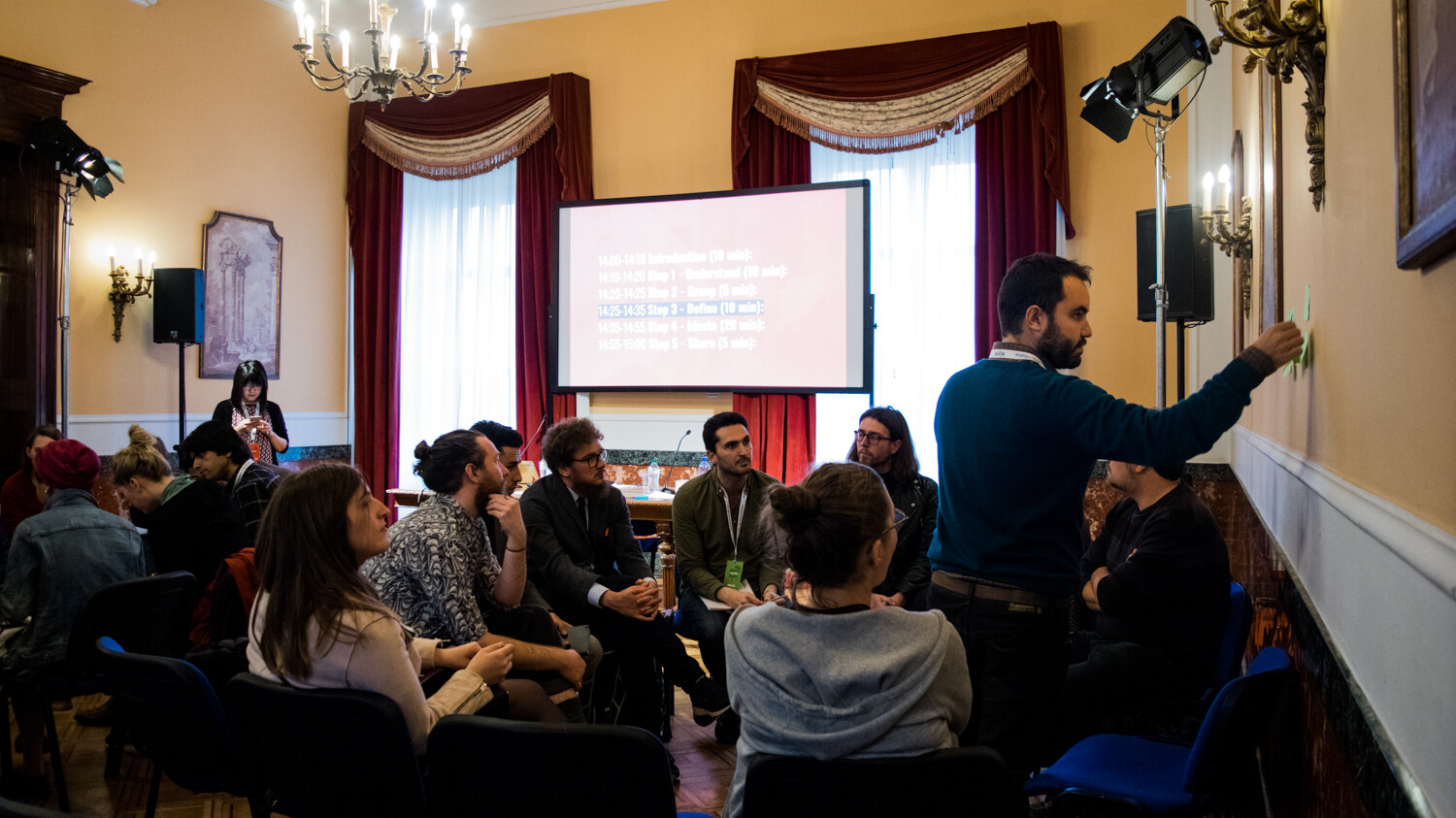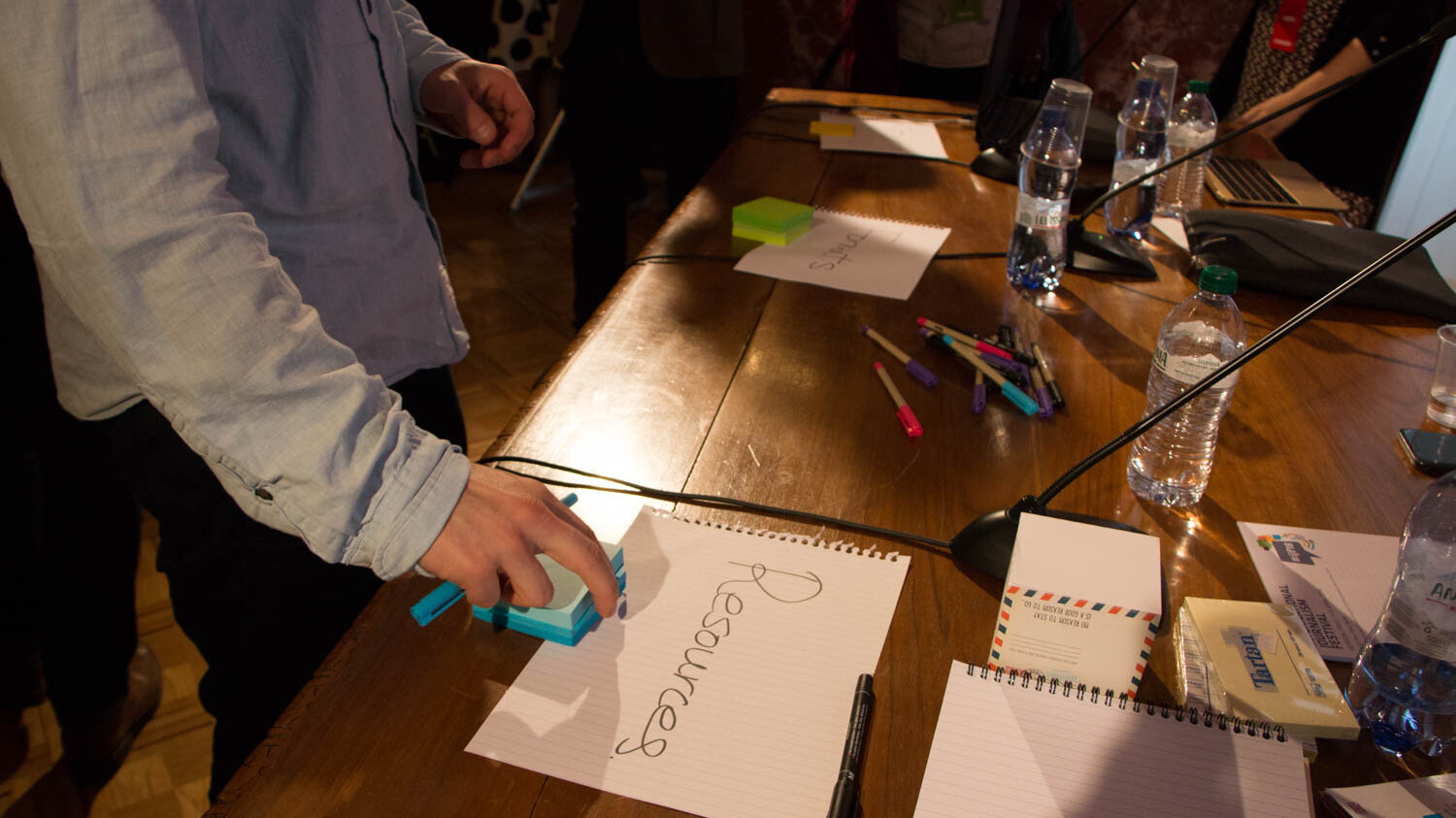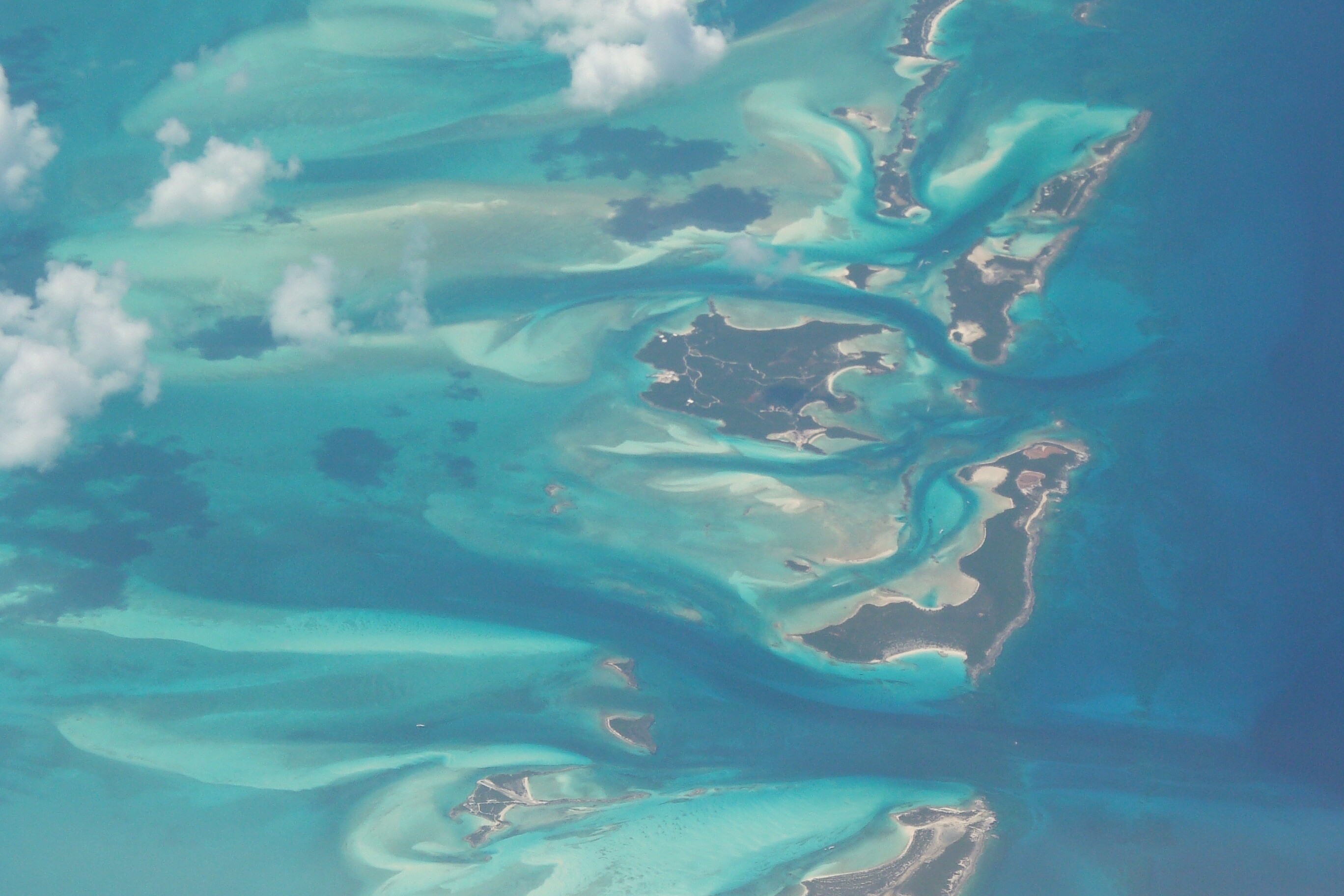PMA recently took part in a “collective ideation” workshop to encourage greater collaboration and identify solutions to common challenges in producing quality climate change journalism.
Climate change is arguably the most important and undercovered story of our time. Public service broadcasters, with their mandate to serve the public, should ideally provide accurate information at the right time and nurture a shared space for citizens to not only be informed but also to gather together. However, opportunities to lead and inform with effective climate change coverage have largely been missed.
So how can PSB move forward? Media professionals often get stuck in a rut by constantly talking about the challenges, wrong-doings and failures. But this time, we wanted to do something slightly different: think about and begin working on solutions.
We discussed this issue a few months ago in the Caribbean, where we were able to speak with journalists, listen to their challenges and concerns, and brainstorm possible solutions.
Then in April, we went to the International Journalism Festival in Perugia, where we gathered together with journalists, science communicators, members of the public, designers and data experts to discuss the main challenges facing the communication of climate science and climate change, and together envision possible solutions for effective climate change coverage.
The workshop
The session was coordinated by Formicablu, Public Media Alliance, Wellcome Trust, ICFJ, Code For Africa, United Nations University, Climate Tracker, Clean Energy Wire (CLEW), Outliers Collective, Backyard Media, and the European Forest Genetic Resources Programme, who co-organised this session.
The workshop was divided into five stages in which participants had the chance to write down their perceived challenges, divide themselves in three groups – Story, Formats and Resources – discuss the challenges previously identified and propose potential solutions and ideas.

The collaborative workshop offered the chance to brainstorm challenges and solutions. Image: Andalucia Partida – IFJ 2018
After the sessions, in a joint effort with the other organisers, we gathered the workshop’s input in a document, “Collaborative Ideation: Climate Change Reporting – Challenges and Ideas for Solutions”, where we listed 6 of the challenges that came out from the session and a list of solutions for each.
What happens next?
To move forward and actually work on some of these solutions, the organisers have launched an “open call” to gather people’s inputs on the matter: Open call for Challenges: Climate Change Reporting.
We welcome everyone, from PMA members to journalists, scientists and all those who are interested in and concerned about communicating climate change, to express their views so that we can – together with other organisers and participants – expand and nurture the conversation around this topic, offer insights to both journalists, scientists and communicators, and put some of those solutions into practice.
Participants had the chance to write down challenges according to different categories and then discuss them with participants in their groups. Image: Andalucia Partida – IFJ 2018

The benefits of collaboration
What the session truly shows is not only that journalists can – and should – play a key role in covering the climate crisis, but that it’s also important that we all collaborate to work on one of the most pressing issues of our time. As climate change is an issue that affects and is deeply intertwined with the economy, politics, health, culture, migration and much more, it is crucial that voices from all fields are heard and are given an opportunity to contribute towards possible solutions.
Our members are particularly encouraged to voice their concerns and offer general feedback. You can read more about the project here and here. If you have particular questions, feel free to get in touch with Marta at marta@publicmediaalliance.org.
Related Posts
22nd March 2018
Disaster and climate change reporting: Discovering new pathways in the Caribbean
What are the main challenges faced by…
